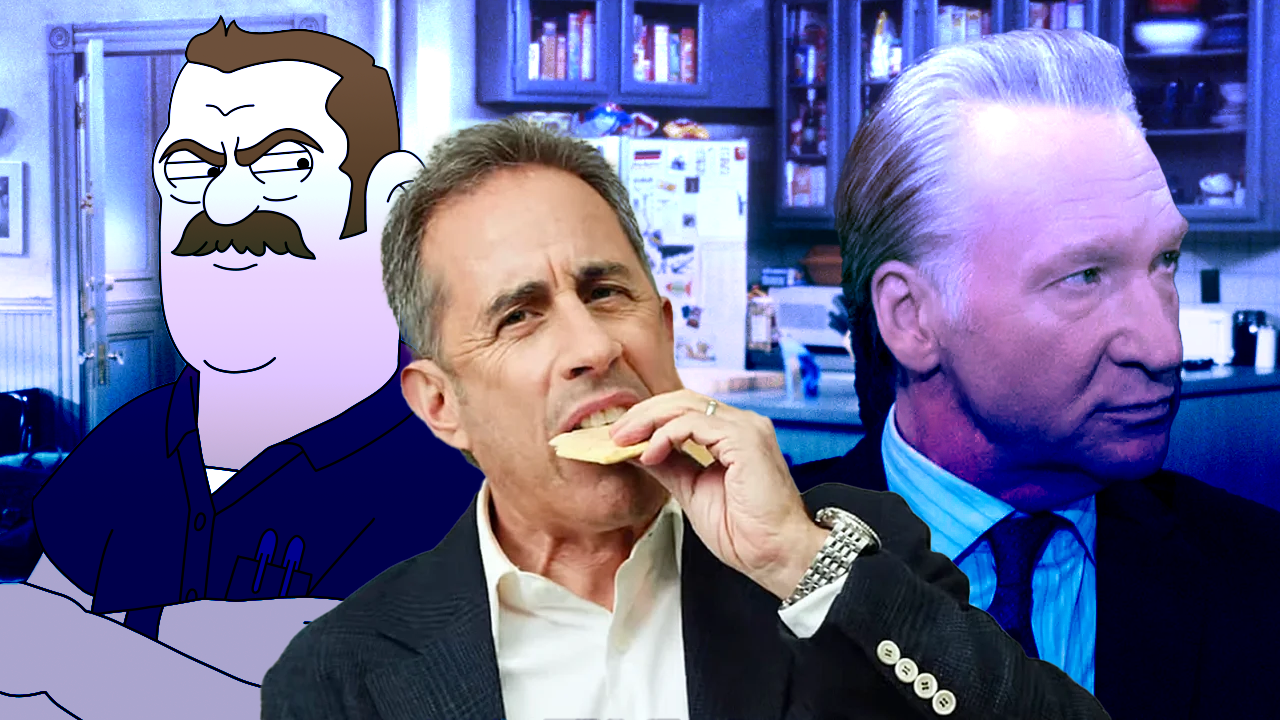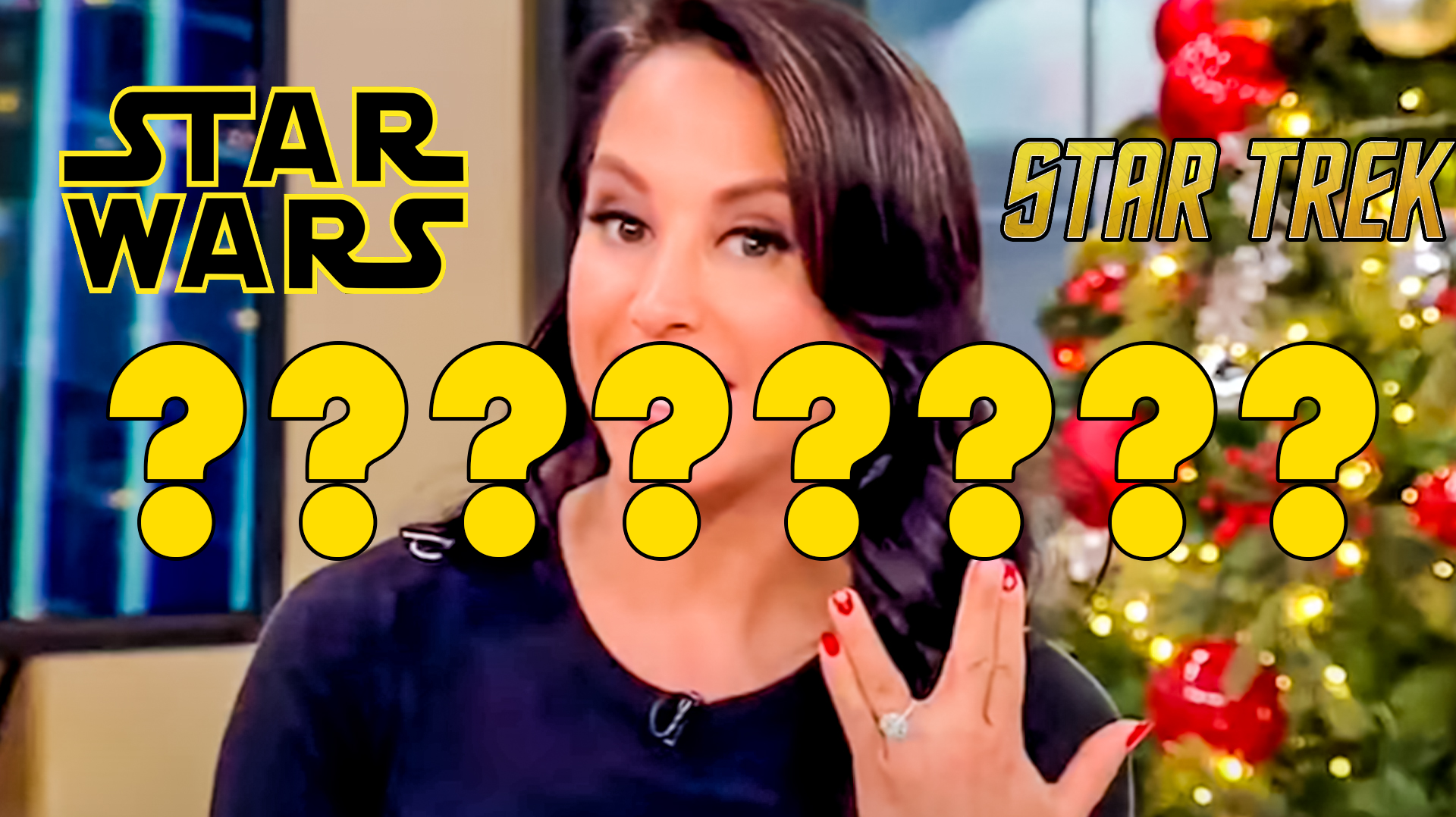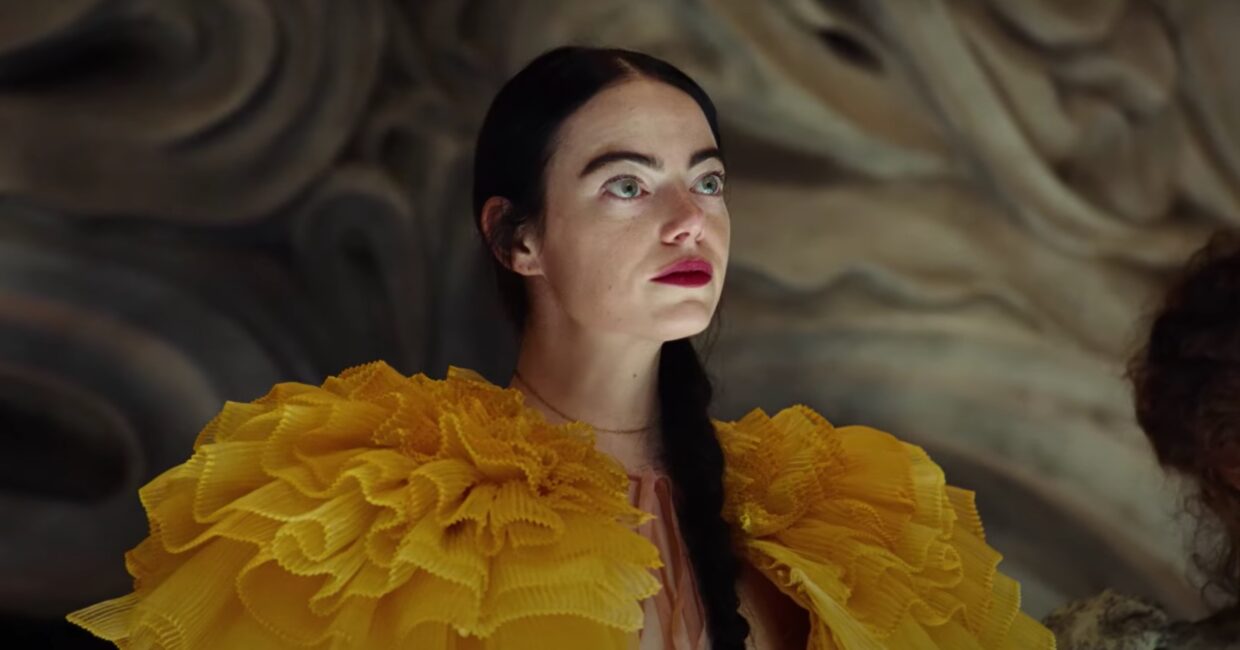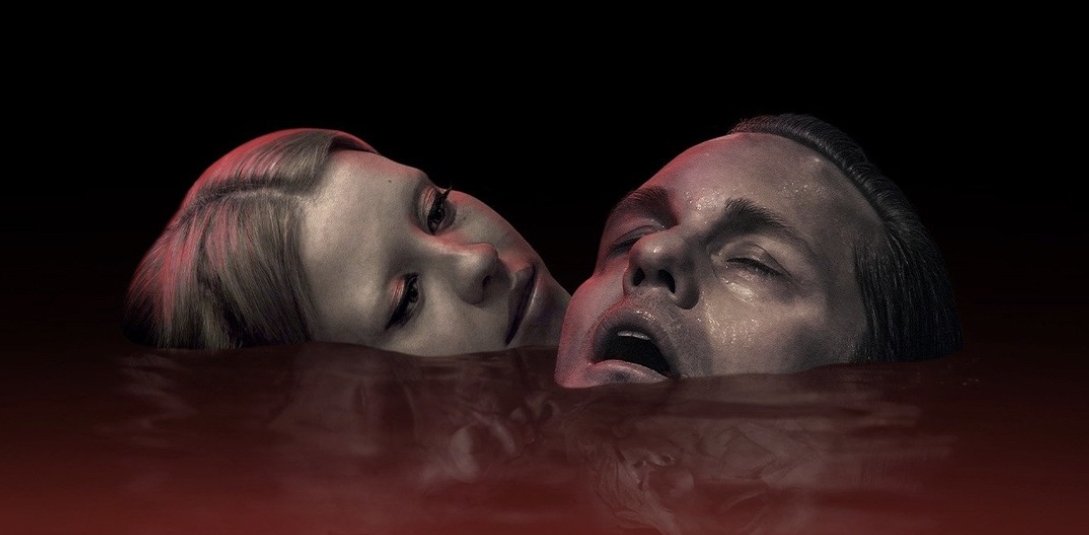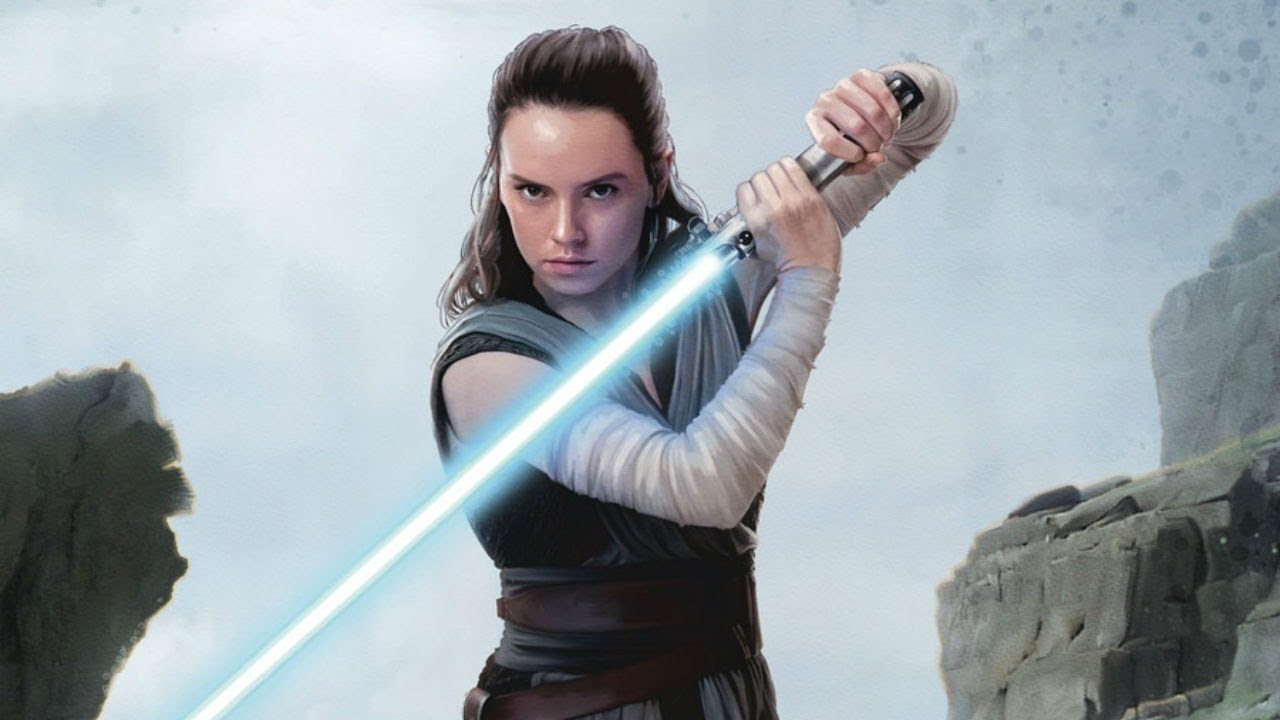
Early in the week of December 15th, 2017, I ventured into the theater for the preview screening of Star Wars: The Last Jedi. It was an exciting event as there were so many burning questions desired to be answered about the next entry in the new trilogy. The lights went down and for a few hours, I found myself dazzled by a space opera that dared to rattle the cage. There were surprises, betrayals, politics, epic battles, and plenty of gorgeous cinematography. Though I found the film a bit lacking in certain arcs that were either drawn out too long or never fully realized, I left the theater exceptionally entertained. I jotted down two full pages of spoilers not to mention, wrote my review in the evening, and set it to publish in time to meet the review embargo.
As the embargo lifted, I found several critics were just as enthralled by the picture. Some were so amazed they declared The Last Jedi the best entry in the Star Wars saga. I could certainly understand why given how well the themes were the more I thought about the picture. I thought for sure this film would be a big audience pleaser.
Yeah, I was wrong. Well, sort of.
The audience score plummeted resoundingly low to 43% compared to the Rotten Tomatoes critic aggregate of 91%. How could this have been? Was there something I missed that made this one of the most appalling Star Wars pictures to numerous audiences? Maybe Rotten Tomatoes may have been off or there was some weird campaign against the site to force such an audience rating. There’s some evidence to this but I didn’t want to trip too far down into conspiracy territory. I had to find out exactly what I missed and percentage coupled with one-sentence reviews didn’t help.
To rethink this film, I did two things. The first was scouring some more lengthy and explanatory reviews and videos on the subject that were negative. I welcome opposing viewpoints and am always interested in the healthy discourse of others seeing something in a film that I may not have seen on my viewing. What I found were a series of reactionaries angered with how The Last Jedi had favored an agenda of feminism and racial diversity amid the common complaints of plot holes and writing. Not surprisingly, a lot of these issues came from figures that specialize in complaining more about feminism and racial diversity than movies in general. So the majority of the most vocal reactions I sifted through were a mixture of anti-SJW ranting and general nerd rage. There’s also the conspiracy theory of Disney paying off critics which is based on so little it’s laughable how this narrative is pushed so hard by the discourse. Oh, and Admiral Holdo has purple hair; apparently, nothing sets these guys off more than a woman with unnatural hair color. I will not be publishing the names of these reactionaries to not give them more coverage but I’m pretty sure you can find a handful on YouTube by typing in the search bar “The Last Jedi SJW.”
For the second part of my observation, I went back and rewatched The Last Jedi. I decided to take the comments more into consideration about how the film tries to project more overt messaging. Of course, I don’t think there is anything wrong with feminism or racial diversity in general, as some of the angered fans seem to be fully against the very mention. But Disney could still have stumbled in trying to tackle these aspects. They’ve made numerous films since that tried to adhere to a progressive narrative that has come off more like mild lip service than any grander focus on the subject. Could I have been too blinded by Disney’s lavish presentation to take note of their stumbling stances?
After watching the film again, and once more for good measure (and because I really love the lightsaber fight on the starship), I didn’t find myself as distracted or appalled by the film’s presentation of women and people of color. The film is certainly pushing more of them into the picture but to view this as a problem is to take aim more at an underlying system for how the film is assembled than what it presents. While there are certainly some minor issues I had with the plotting in order to give a few characters something more to do, this is more an issue with the writing and pacing than the placement of gender and race.
Now, yes, I know there are more issues that others have who are not total racists and sexists outright.
Namely, a lot of people seem to have a problem with how Luke Skywalker has been treated in the new films. Honestly, this development didn’t bother me. He must’ve gone into hiding for a reason and the film illustrates why he was so inclined to become a hermit and literally toss away his lightsaber. He has a fear of repeating the past, that nothing has been learned. Rather than continue and make more mistakes, he instead keeps himself safe and out of the picture. But this is intriguing because Luke is essentially clinging to the past in the same way as the First Order. The evil First Order, perfectly named, seeks a return to the old. They believe everything must return to the old ways when one empire loomed over the entire galaxy. They refuse to learn from the mistakes from the past but rather view it through rose-colored Darth Vader helmets. There’s a reason why that speech from Hux in The Force Awakens just oozes Nazism.
A lot of people seem to have come away from the film as though it’s trying to burn down everything of the past. This is perhaps thought of most vividly from the scene where the ghost of Yoda sets fire to the ancient texts of the Jedi. To Luke this is shocking but to Yoda it is not.
Luke: “Those were the sacred texts!”
Yoda: “Oh! Read them, you have?”
Luke: “Well…”
Luke hasn’t read the past. He hasn’t learned from it. He protects it, keeping it locked away where it can be drowned in a hazy smoke of ease. It’s a unique aspect that plays well into the soft reboot formula of passing the torch to another generation. The next generation must learn from the old, including their mistakes and especially their atrocities. Nobody learns if they don’t try and stumble.
Kylo Ren certainly hasn’t learned given he’d rather wipe clean the memory of yesterday. He views the past as a burden, something that must be killed. He uses it against Rey, telling her that her parents were nobodies. In fact, they were cruel. For both Rey and certain fans who placed bets on Rey being of the Skywalker line, this was disheartening. But notice how Kylo doesn’t go into much detail about Rey’s parents. No, I don’t think he’s lying entirely but I do believe he is trying to paint history with a broad brush. He never digs deeper into the history of Rey’s parents past a brief observation. According to him, they were bad people. They had wronged Rey and he feels she should wrong them right back by joining the First Order and taking revenge on a generation that wronged her.
Around this scene is where I started to see a disconnect. Maybe the biggest disconnect that made audiences despise the picture. The film favors its central theme of taking note of the past to avoid a future of fascism over a much simpler audience-pleasing picture. A lot of people didn’t see this aspect. All they saw was a film that didn’t give them what they wanted.
There are numerous other complaints about the film that I could counter but its all geek rage, getting angry about bombers in space and how fuel works in Star Wars. That stuff isn’t as interesting to me, considering that’s more nitpicky. I was more interested in the greater themes of the film which, upon my second and third viewings, shined just a little bit brighter and almost outweigh a lot of plot holes. Also, that battle with Kylo Ren and Rey is so damn good! Seriously, how anyone can look at that scene and not be amazed by its energy, color, and grit is beyond me.
I still have issues with the film. Finn’s arc feels severely lacking given that he doesn’t change too much and Poe’s brashness is a little hard to swallow at times. But thinking a little longer on the messages within the film’s epic nature made me appreciate its space opera assembly all the more.
So, yeah, The Last Jedi is still pretty good. Maybe even great.

 “Deadpool & Wolverine” Review
“Deadpool & Wolverine” Review  “The Boys: Season Four” Review
“The Boys: Season Four” Review  “The American Society of Magical Negroes” Review
“The American Society of Magical Negroes” Review  “Twisters” Review
“Twisters” Review  “Sausage Party: Foodtopia” Review
“Sausage Party: Foodtopia” Review  “Robot Dreams” Review
“Robot Dreams” Review  “Godzilla x Kong: The New Empire” Review
“Godzilla x Kong: The New Empire” Review  “Slave Play. Not a Movie. A Play.” Review
“Slave Play. Not a Movie. A Play.” Review 